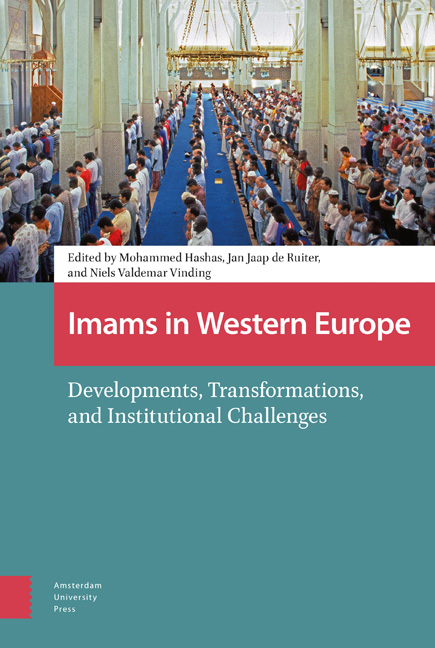18 - The Italian Legal System and Imams: A Difficult Relationship
Published online by Cambridge University Press: 06 January 2021
Summary
Abstract
Nearly all imams in Italy are self-educated. In their everyday life they often have precarious jobs, and they perform their religious functions in their spare time. In their role as imam they play a very important role in local Muslim communities. This chapter analyses the status of imams in Italy, underlining how the social context and the legal framework that regulates church-state relations deal with non-Catholic issues in Italy.
Keywords: Islam in Italy, church-state relationship, Catholic Church, Constitution
Religious ministers in Italy
Italy has a long and well-established tradition of church-state relations, which has been strongly influenced by the role played by the Catholic Church (Dalla Torre, 1995; Glenn, 2014; Netton, 2006). The most important results of this peculiar legal system are found in Articles 7 and 8 of the 1948 Italian Constitution. Article 7 is devoted to the relationship between the state and the Catholic Church, whose organization and structure are considered the prototype for religious denominations by the Italian government (Colaianni, 2012). The first section of Article 7 establishes the mutual independence and sovereignty of both the state and the church. The second section of Article 8 states a similar (albeit less strong) principle guaranteeing the free organization of denominations other than Catholicism. The second section of Article 7 affirms that the relationship between the state and the Catholic Church is ‘regulated by the Lateran Pacts (1929)’ and that any change to these pacts, if accepted by both parties, ‘does not require the procedure of constitutional amendments’. In other words, in case of a bilateral agreement, a legislative – not a constitutional – act is sufficient to amend the pacts and regulate the connection between the state and the Catholic Church. The third section of Article 8 affirms that the relationship between religious minorities and the state is also regulated by legislation. This legislation must be based on specific agreements called intese (singular: intesa), which can be literally translated as ‘agreements’ between the state and religious denominations (Casuscelli, 2008). In other words, both the second section of Article 7 and the third section of Article 8 establish the ‘bilateralism principle’, which is a direct consequence of the religious autonomy established in the first and the second sections of the same articles (Bouchard, 2004; Varnier, 1995).
- Type
- Chapter
- Information
- Imams in Western EuropeDevelopments, Transformations, and Institutional Challenges, pp. 359 - 380Publisher: Amsterdam University PressPrint publication year: 2018
- 1
- Cited by



